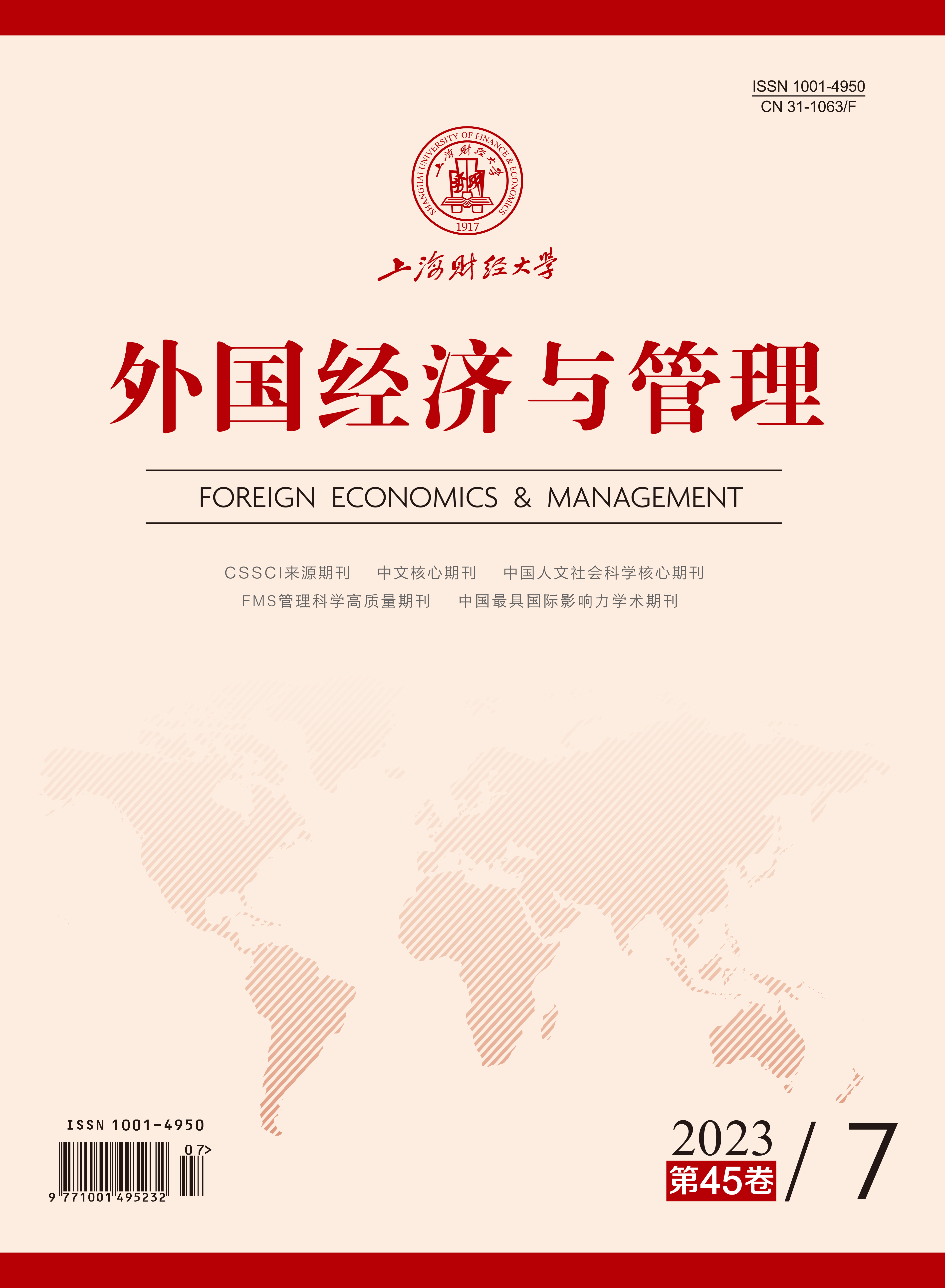With the development of the global digital economy, governments of all countries have paid more and more attention to the investment in broadband network infrastructure. The Chinese government regards broadband networks as a strategic public infrastructure related to social and economic development, and provides a series of supportive policies. For example, the project of “Broadband China” demonstration cities, which began in 2014, aims to play the driving role of broadband networks in digital transformation and intelligent upgrading in the digital economy era. As an important endogenous driving force of economic growth, can entrepreneurship benefit from the positive effect of the construction of broadband network infrastructure?
From the perspectives of institutional change theory and resource-based view theory, this paper constructs the theoretical framework of “institution – resource – entrepreneurship”. Based on the panel data of 284 prefecture-level and above cities in China from 2005 to 2019, a quasi-natural experiment is conducted with the “Broadband China” demonstration city as the starting point, and a multi-period DID model is employed to evaluate the entrepreneurial effect of information infrastructure construction. The results show that, compared with non-“Broadband China” demonstration cities, the construction of “Broadband China” demonstration cities plays a significant role in promoting entrepreneurship. Mechanism analysis suggests that demonstration city construction promote entrepreneurship mainly by stimulating urban innovation and enhancing the level of human capital. Heterogeneity analysis shows that the effect of demonstration city construction on entrepreneurship varies with different administrative levels, geographical locations, entrepreneurship levels and industry types. The positive effect of demonstration city construction on entrepreneurship is more significant in ordinary prefecture-level cities, eastern cities, cities with a high entrepreneurship level, construction industry, living service industry and producer service industry.
The marginal contributions of this paper are as follows: (1) It constructs the theoretical framework of “institution – resource – entrepreneurship” and takes the construction of “Broadband China” demonstration cities as the starting point to empirically test the impact on entrepreneurship. From the three dimensions of innovative knowledge, human capital and financial capital, it investigates the mechanism of demonstration city construction affecting entrepreneurship, which provides new theoretical ideas for understanding the entrepreneurial effect of broadband network infrastructure construction. (2) It regards the construction of “Broadband China” demonstration cities as an exogenous event and conducts a quasi-natural experiment to evaluate the entrepreneurial effect of information infrastructure construction, which effectively alleviates the measurement error and endogeneity problem in existing literature.





 10670
10670  6148
6148

